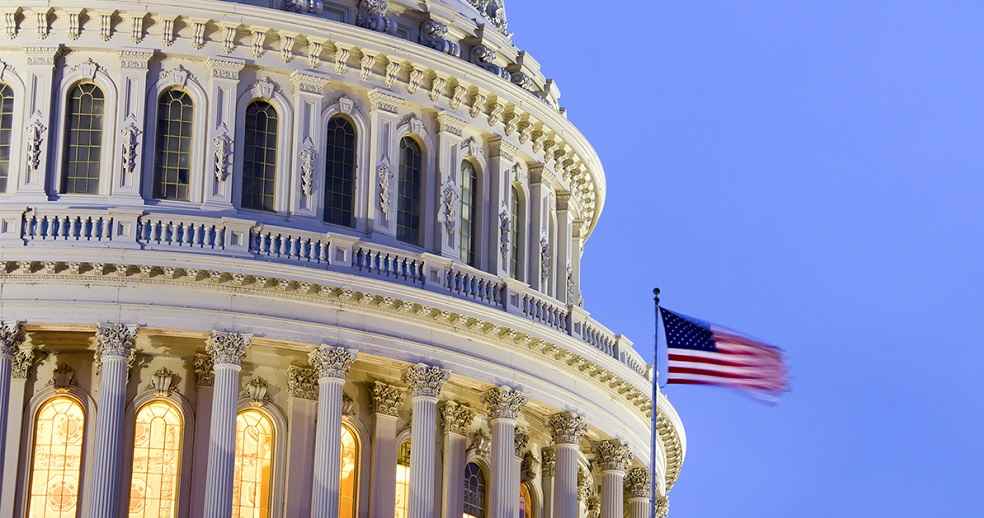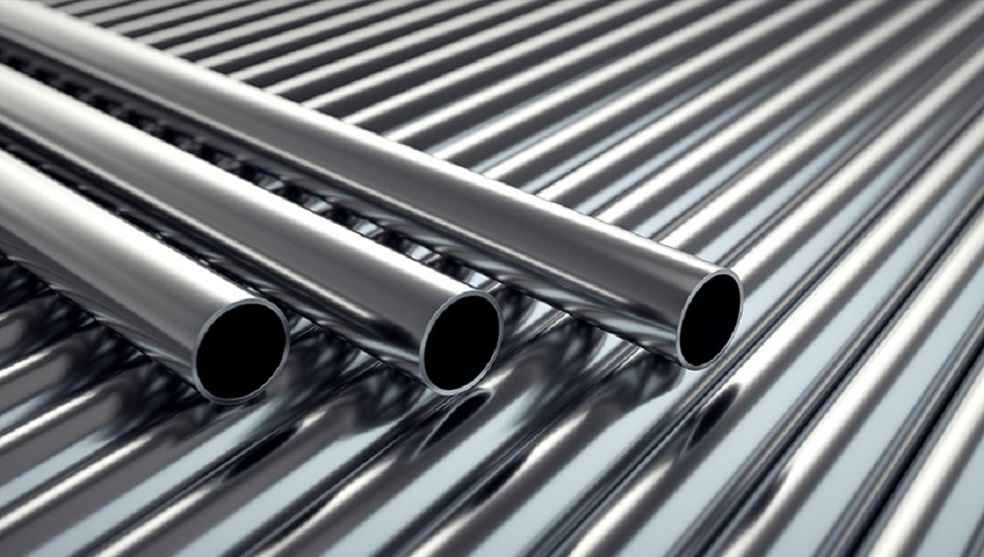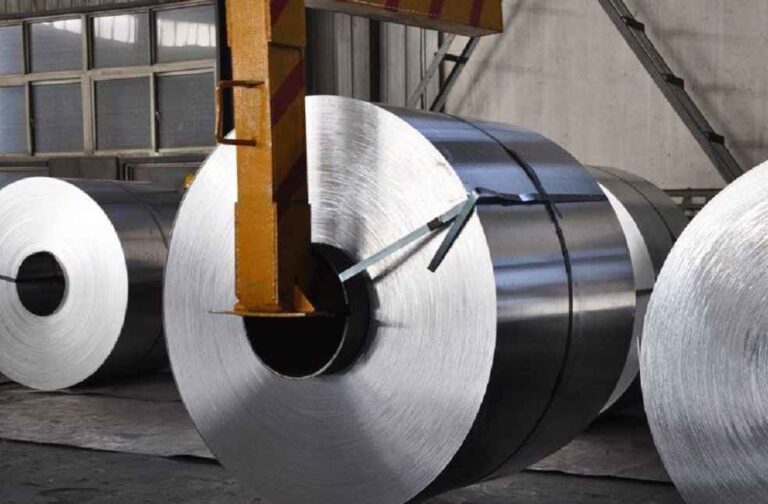The United States steel sector is at a pivotal juncture as it faces challenges that stretch beyond its borders, signaling a pressing need for legislative evolution. Amid rising global competition and increasingly sophisticated methods of tariff evasion, the American Iron and Steel Institute (AISI) has made a resolute call to Congress for an update to the nation’s trade remedy legislation. This call to action underlines a broader narrative of international trade dynamics and the need for adaptive strategies in safeguarding domestic industries.
Representing a cornerstone of American industrial strength, AISI identifies a lag in the United States’ response to trade remedy adjustments, particularly against the backdrop of China and others’ strategic circumventions. Kevin Dempsey, AISI CEO, during an S&P Global interview, stressed the sparse legislation aimed at these challenges, pointing out the necessity for laws that bolster enforcement capabilities.

AISI’s advocacy efforts recently culminated in a letter to the leaders of the House and Senate Ways and Means Committees, advocating for the ‘Playing Field 2.0 Act.’ This proposed bill aims to enhance the US Department of Commerce’s authority in applying countervailing duty law against cross-border subsidizations. Additionally, it seeks to address the lack of statutory deadlines for safeguard circumvention investigations, which has led to significant delays in protecting the domestic industry from unfairly traded imports.
Dempsey also sheds light on the geopolitical ramifications of China’s Belt and Road Initiative, which supports Chinese steel producers in establishing new facilities in various regions, including beyond China and Southeast Asia. This strategy not only alters the competitive landscape but also highlights the urgency for the United States to refine its trade defense tools in response to evolving international strategies.

Having achieved over 150 victories in anti-dumping and countervailing trade cases, the US steel industry stands at a crossroads. The effectiveness of these victories risks erosion unless legislative action evolves to seal existing loopholes that permit duty evasion. The ‘Playing Field 2.0 Act’ signifies progress in this ongoing battle; yet, as Dempsey cautions, it represents only one facet of the comprehensive overhaul required to ensure fair trade practices in the steel sector.
The discourse surrounding the US steel industry extends to environmental considerations, with recent legislative support calls in 2024 focusing on enhancing domestic demand while limiting carbon-intensive steel imports, particularly from nations like China. The industry’s advocacy for a cross-border carbon tax—opposed to similar levies on domestic production—reflects a strategic approach to harmonizing trade competitiveness with environmental responsibility.
GLOBAL ROUNDUP | Armenia & Rwanda FMs Champion Trade as Catalyst for Global Peace, Connectivity



